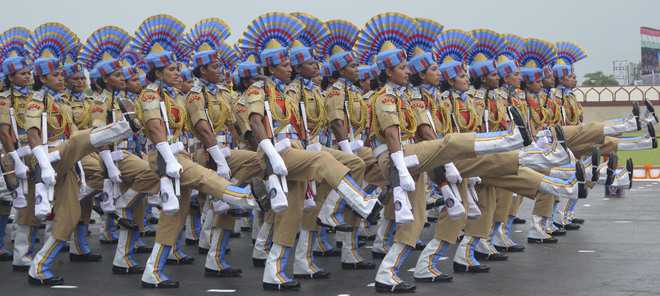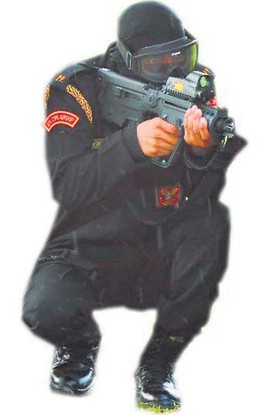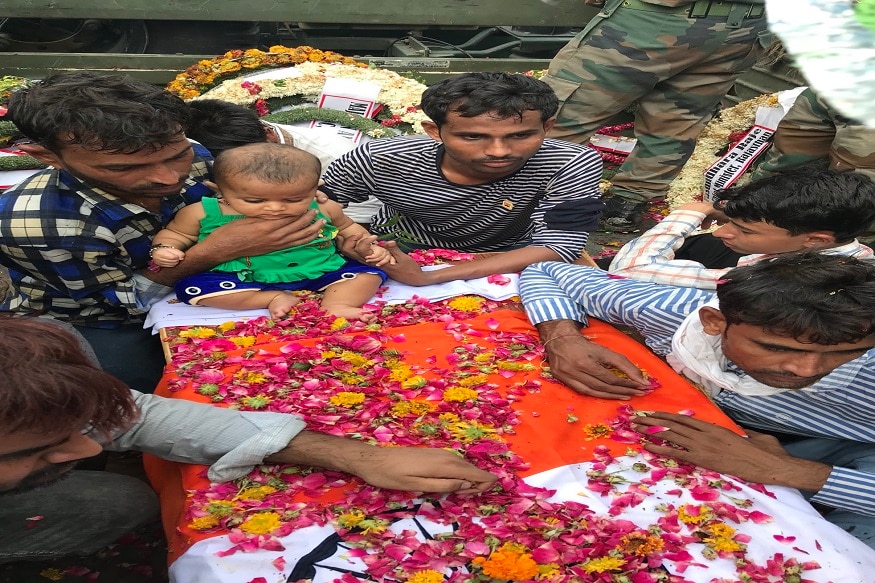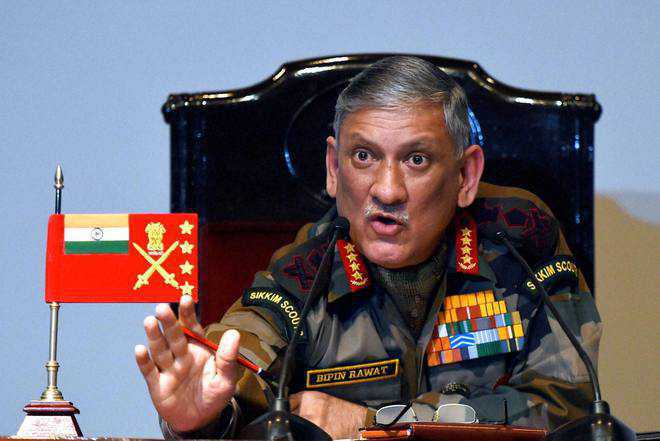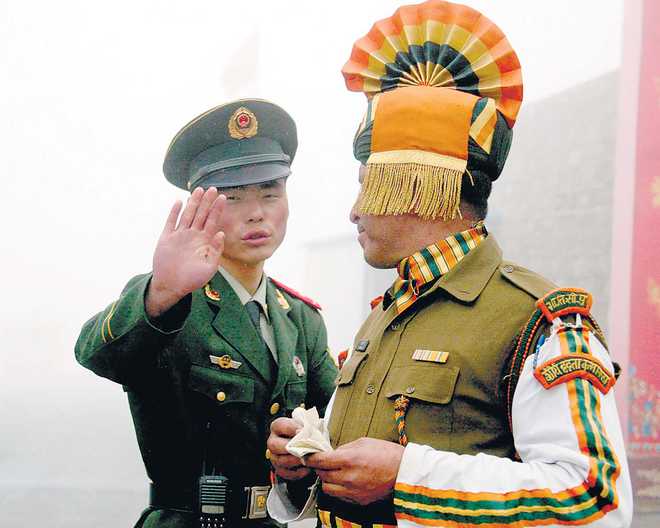NEW DELHI: Army chief General Bipin Rawat has said that it is critical that India find ways to bypass American sanctions against Russia, given that Russian-origin weaponry is in widespread use in the Indian armed forces.
In his first comments on US sanctions against India’s top arms supplier, Rawat said: “We have to pursue own national interests and see what’s good for us. India has a large quantity of Russian weapons and platforms. So there are legacy issues.”
India is in talks with the United States to secure a sanctions waiver as its military is heavily dependent on Russian equipment, and the matter is likely to be discussed during the proposed 2+2 talks between the defence and foreign ministers of the two sides, said a person familiar with the development who asked not to be identified.
The dialogue was to begin in Washington on July 6 but the United States postponed it (for the third time) because its secretary of state Mike Pompeo had to visit North Korea.
The sanctions by the United States could be bypassed through an alternative payment route to sustain bilateral IndoRussian defence trade, said Rawat.
“It’s not just about new equipment, other aspects such as spares, servicing and technical support are equally important,” the army chief said.
Russian-origin equipment forms the backbone of the army’s armoured and mechanised infantry units.
The United States passed the Countering America’s Adversaries through Sanctions Act earlier this year.
The new United States legislation does provide some flexibility for countries such as India that are dependent on Russian equipment, but Washington wants India to diversify its suppliers of military equipment and reduce dependence on Russian military hardware.
“Whether it’s the army, navy or air force, we have been using Russian equipment for decades. Some of the deals that are coming to fruition now (with Russia) such as the S-400 Triumf air defence missile systems have been under discussion for a few years. These factors need to be understood,” said a senior government official who did not wish to be named.
The United States has already flagged concerns about the proposed sale of the S-400 Triumf air defence missile systems to India, saying it would complicate interoperability between the Indian and American militaries.
Figures serve to illustrate India’s dependence on Russian military hardware.
Russia accounted for 62% of India’s arms imports between 2013 and 2017, according to a report released by the Stockholm International Peace Research Institute (SIPRI) in March.
On June 5, defence minister Nirmala Sitharaman said talks on the S-400 Triumf air defence missile systems purchase were in the final stages and that India had told the US that the sanctions cannot impact Indo-Russian military cooperation.
India is likely to ink a ₹ 39,000crore deal with Russia later this year for five S-400 missile systems, capable of destroying jets, missiles and unmanned aerial vehicles at a range of 400 km.
If left unaddressed, the issue of sanctions could upset the calculations of India’s military planners, said air vice marshal Manmohan Bahadur (retired), additional director general, Centre for Air Power Studies.
“It is vital that Russian-origin assets, which are in large numbers in the armed forces, are operationally maintained with continuous flow of spares and other logistics support,” he said.













